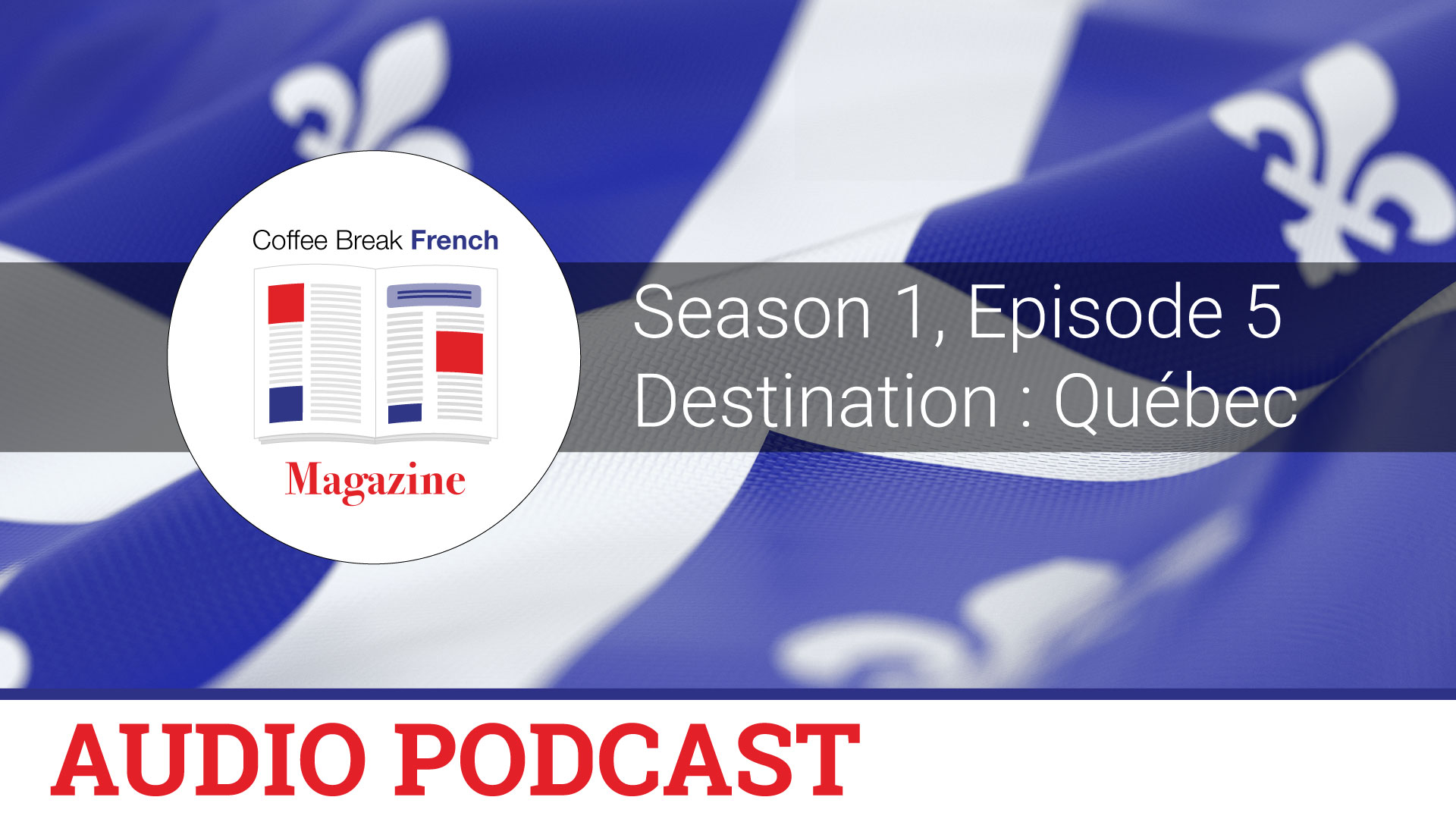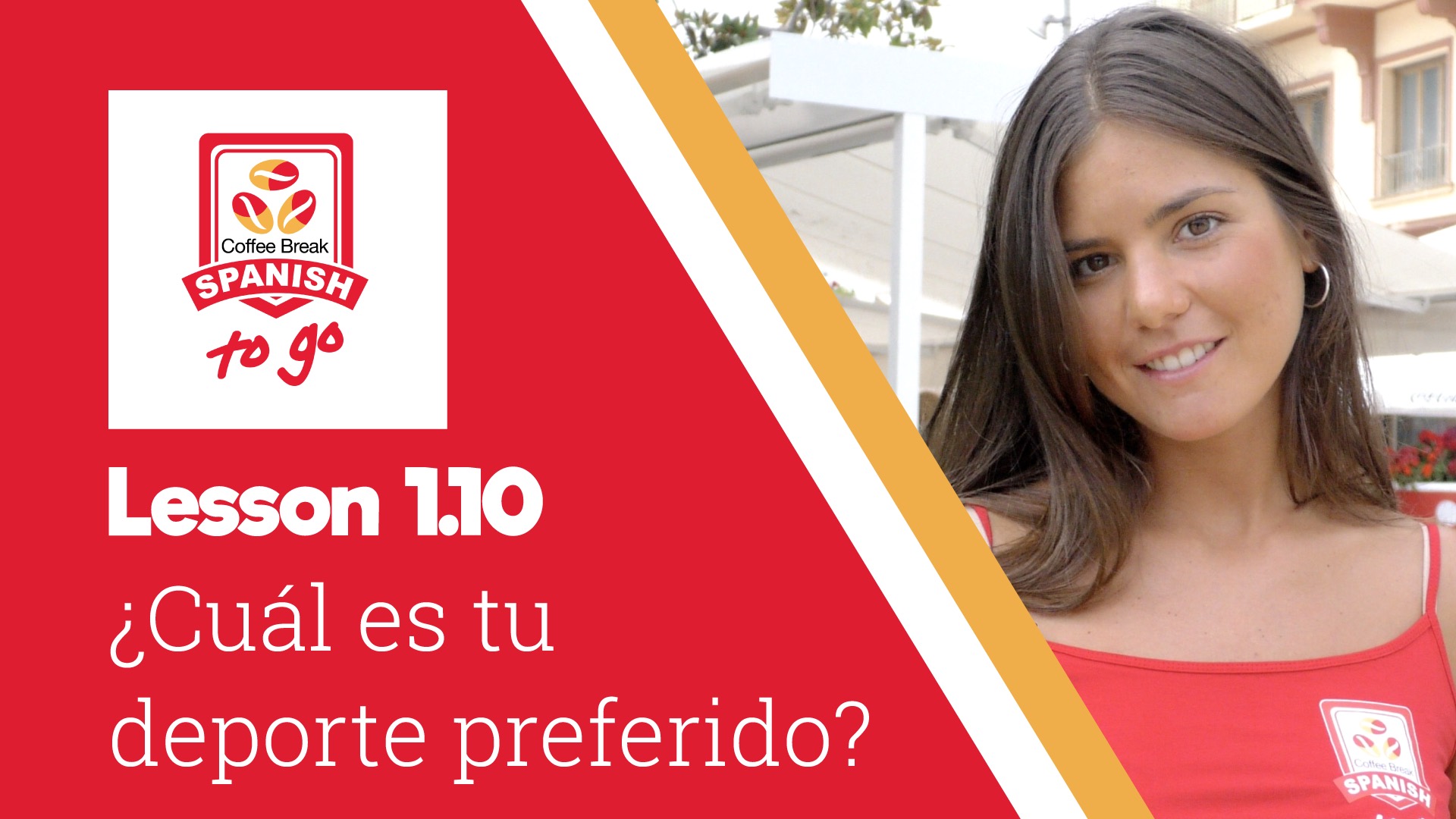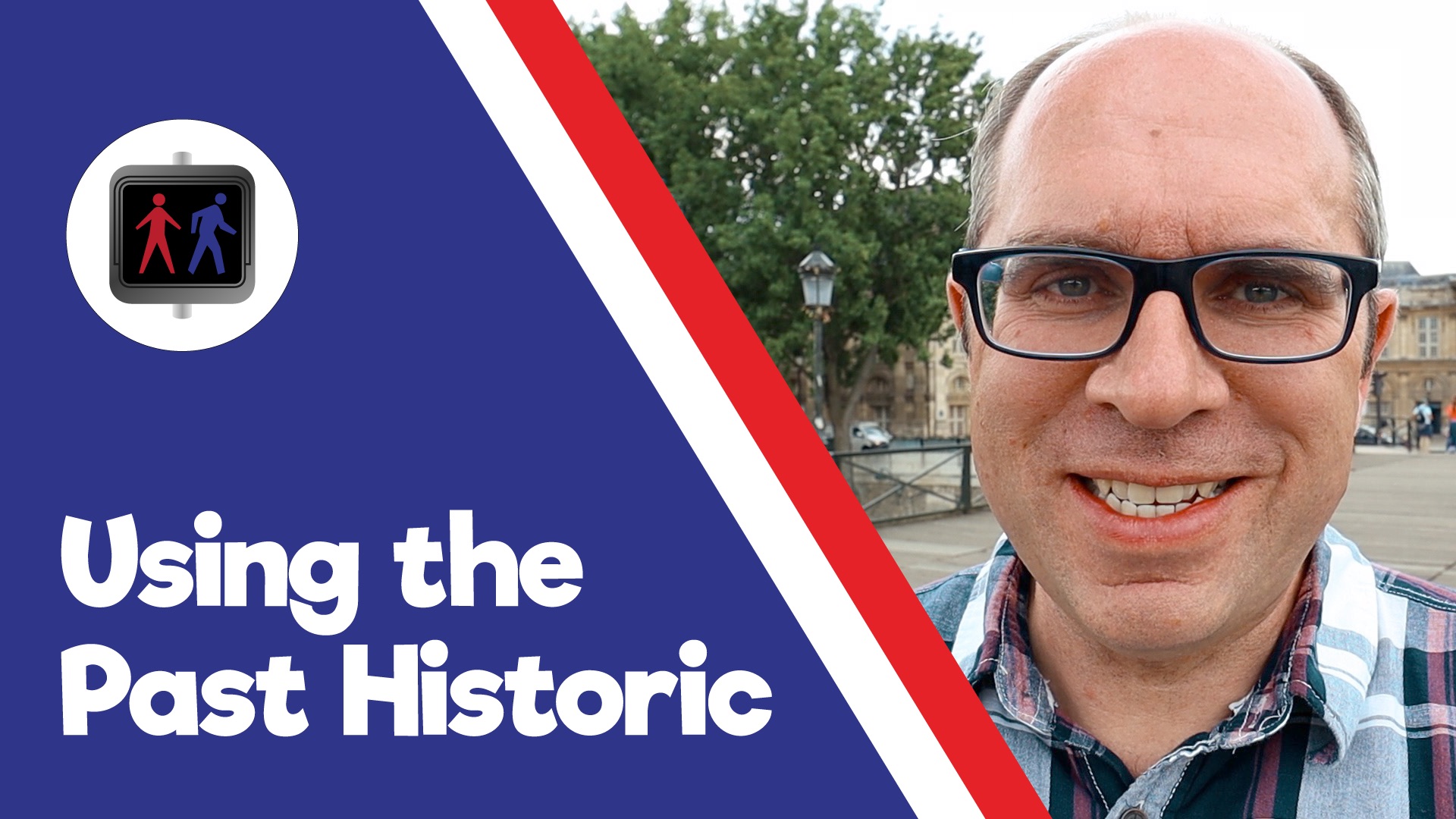For Immediate Release
Glasgow, UK – 2 July 2019
Three Million Free Language Lessons Delivered Monthly by Glasgow-based Podcast Company
Radio Lingua Ltd announced today that the total number of monthly downloads of the Coffee Break French, Spanish, Italian, German and Chinese podcasts has now surpassed three million. Language learners around the world are improving their language skills through these 20-minute, “coffee break”-length podcasts. In each episode, listeners learn the language in a fun and entertaining way, with the help of the experienced teachers and native speakers who host the podcasts.
Hosted by Acast, the hugely popular Coffee Break podcasts have been downloaded over 250 million times since launching in 2006. They are listened to in 196 countries, with 41% of listeners in the United States and 12% in the UK. The total number of downloads over the 30-day period 28 May 2019 until 26 June 2019 was 3,056,588. Every minute of the past 30 days, over 70 learners have started learning a language with an episode of Coffee Break.
The Coffee Break language podcasts have consistently been rated top education podcasts on Apple Podcasts and are among the most popular education podcasts on Spotify. Coffee Break Spanish has won a European Award for Languages and the European Podcast Award, and Coffee Break Italian was voted Smartest Podcast in the 2017 British Podcast Awards.
The team at Radio Lingua believe that language-learning can be done by anyone, any time and anywhere. Founder and CEO of Radio Lingua, Mark Pentleton, said: “it’s no longer a case of having to go out to a conversation class on a cold Tuesday evening in November: you can learn a language where and when it suits you.” Each episode of the podcast aims to feel like a coffee break with a friend, where the friend happens to speak the language and can help you learn.
According to Mark, “podcasting is the perfect medium for language-learning: you can listen as many times as you want, and pause the recording to build your comprehension. By using podcasts as a starting point, you can take advantage of your downtime and do something useful while you’re driving to work, walking the dog or at the gym.” In addition to the podcasts, Radio Lingua also offers a range of online courses and regularly publishes learning materials on social media. A weekly live video show on YouTube, the Coffee Break Catch-up, helps to keep the Coffee Break community up to date with the latest lessons and episodes.
Sophie Herdman, UK content director for Acast, said: “Having the Coffee Break podcasts as part of the Acast family is something we’re really proud of. As anyone who has heard the shows knows, they educate and inform in a really fun way, as well as helping listeners to develop an understanding of other cultures. We’ve been so pleased to see the shows’ fantastic growth over the last few years and we look forward to seeing them continue to inspire language learners around the world.”
Coffee Break Spanish was a ground-breaking podcast, the first of its kind on iTunes when it launched in October 2006. Since then, the team has gone on to produce podcasts in French, German, Italian and Mandarin Chinese. In total, over 600 episodes have been released across the languages. Further languages are planned for future release.
Coffee Break podcasts are available via Apple Podcasts, Spotify, Acast or any other podcast app. New episodes are uploaded regularly and lesson notes and additional materials are available at radiolingua.com.
About Radio Lingua
Radio Lingua Ltd (https://coffeebreaklanguages.com) has been delivering languages education since 2006. Based in Glasgow, Scotland, Radio Lingua produces Coffee Break courses in French, Spanish, German, Italian and Mandarin Chinese, and other short courses in over 30 languages. Working in conjunction with experienced teachers and native speakers, the small core team of 10 employees are dedicated to helping language learners around the world develop a passion for language learning.
Download the full Press Release:
190701-PressRelease-RadioLingua-3MillionMonthly



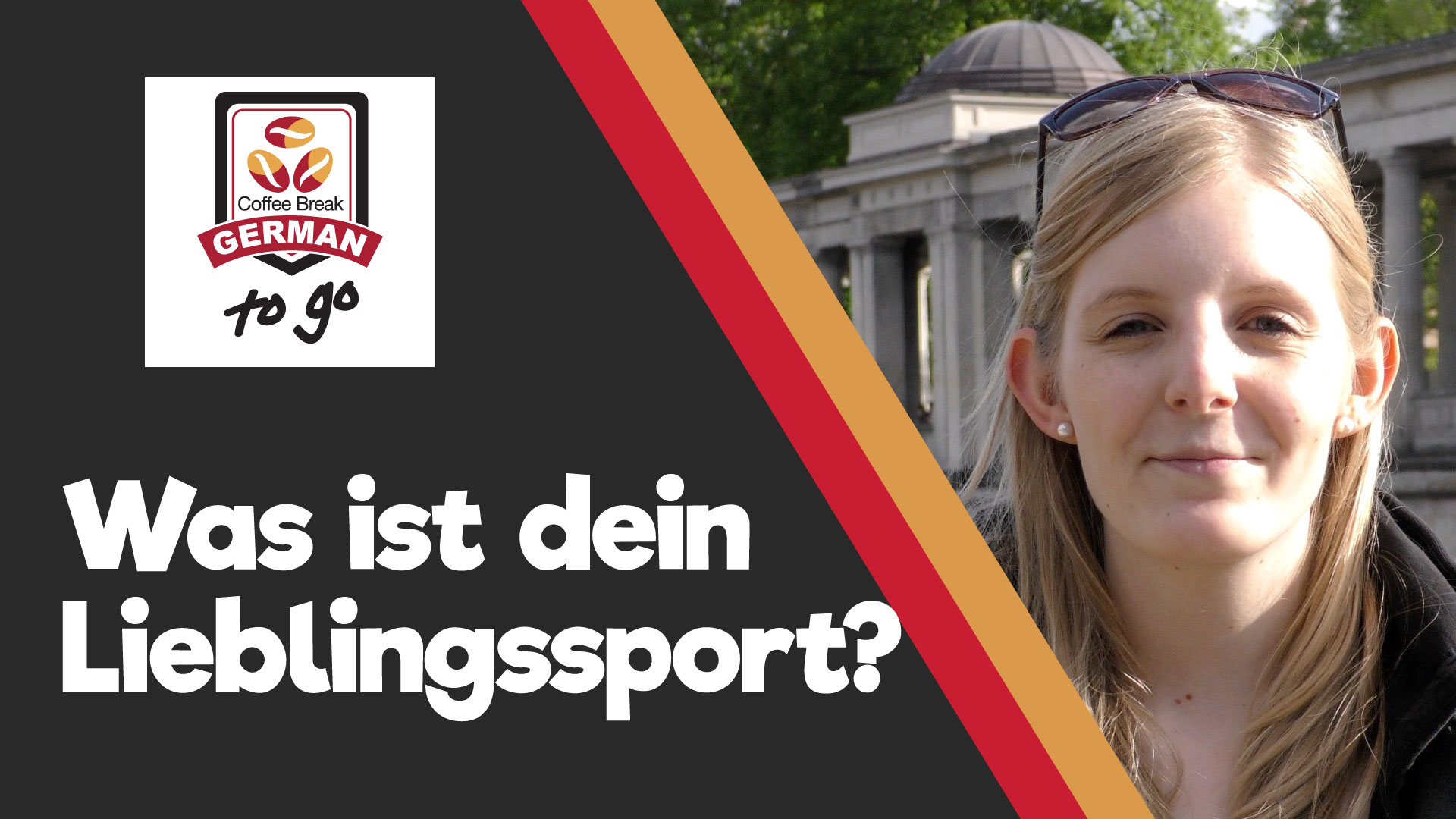
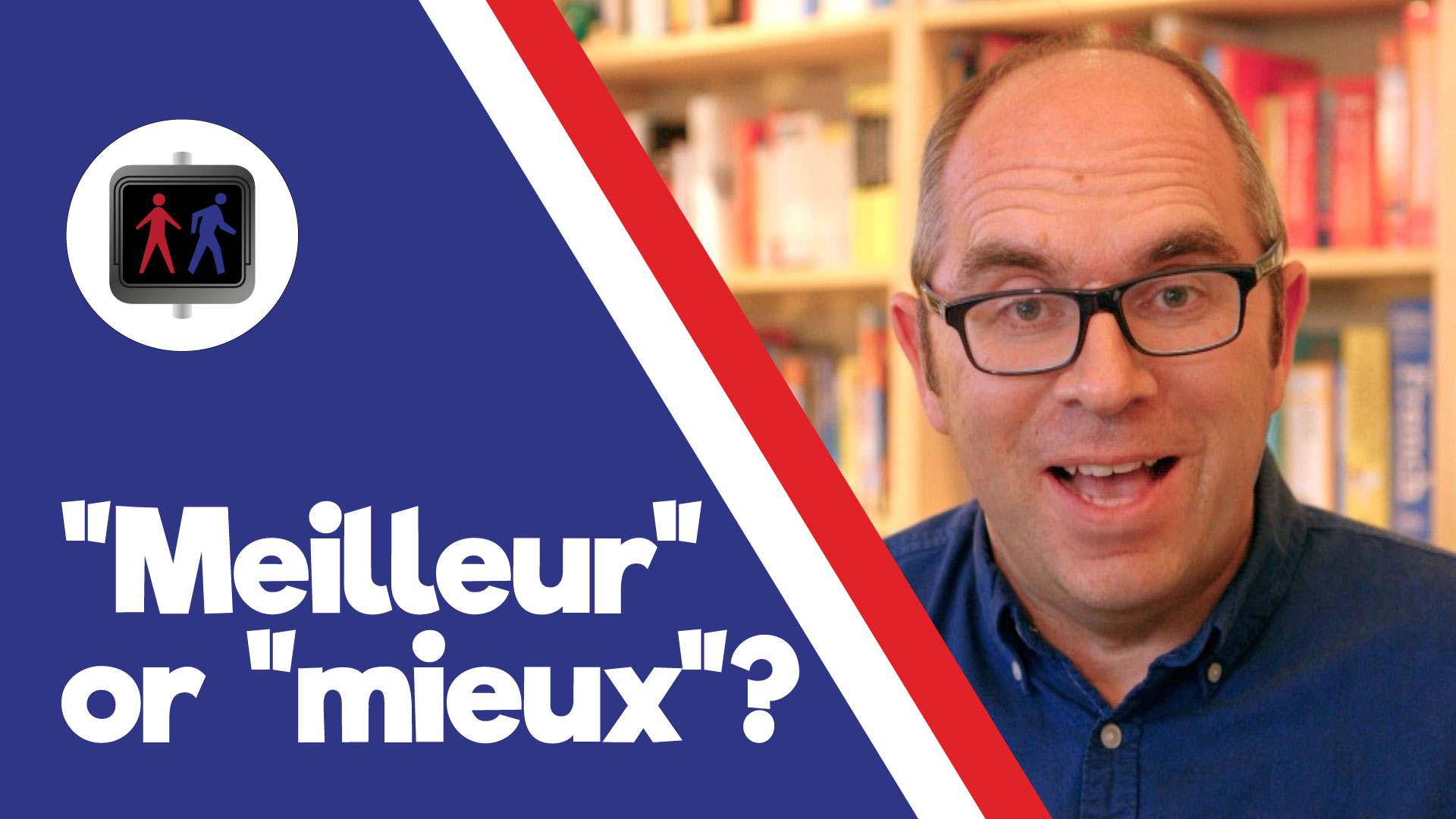
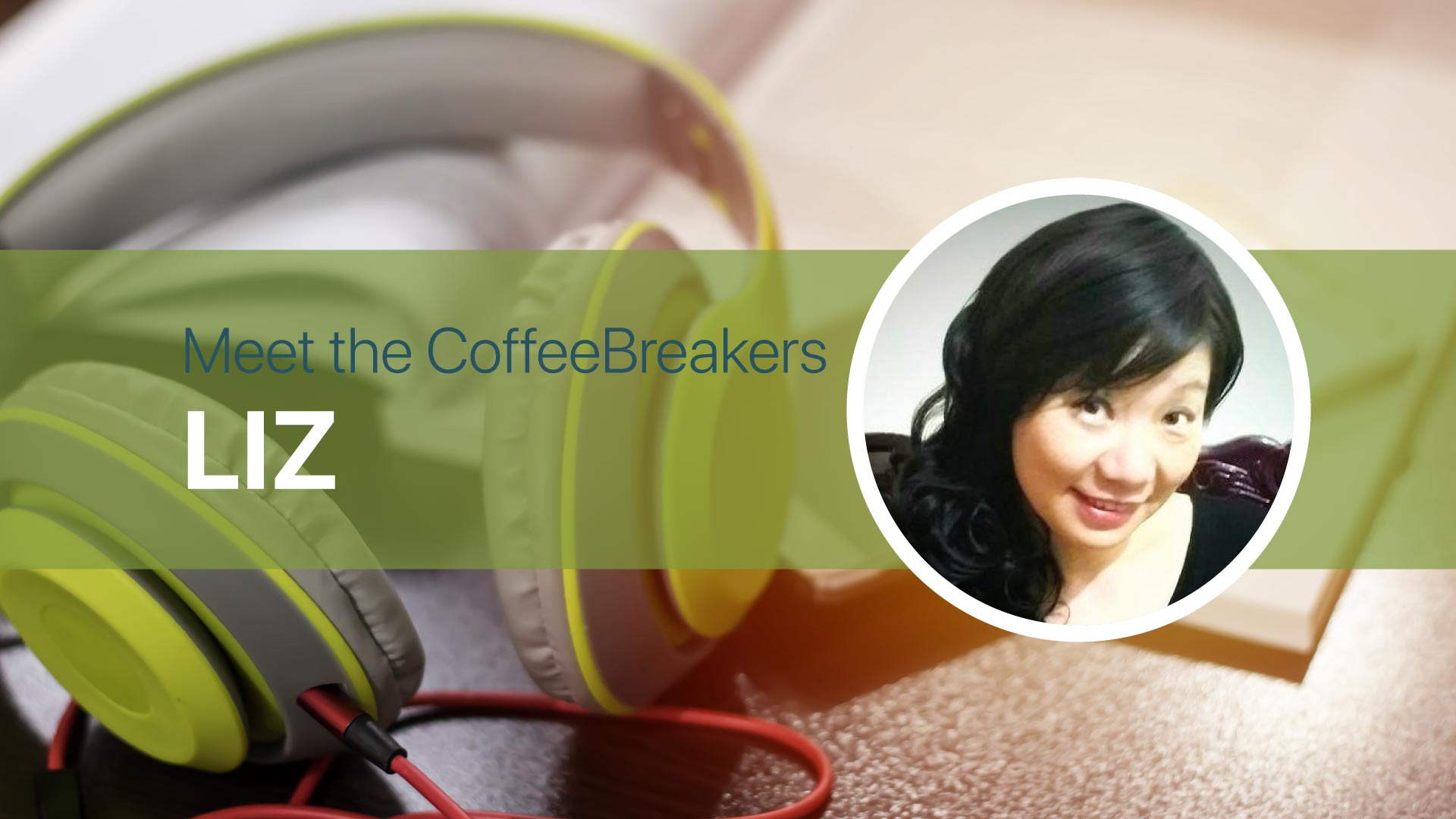



 Tell us who you are, where you live, your nationality and how long you’ve been learning a language with us.
Tell us who you are, where you live, your nationality and how long you’ve been learning a language with us.















